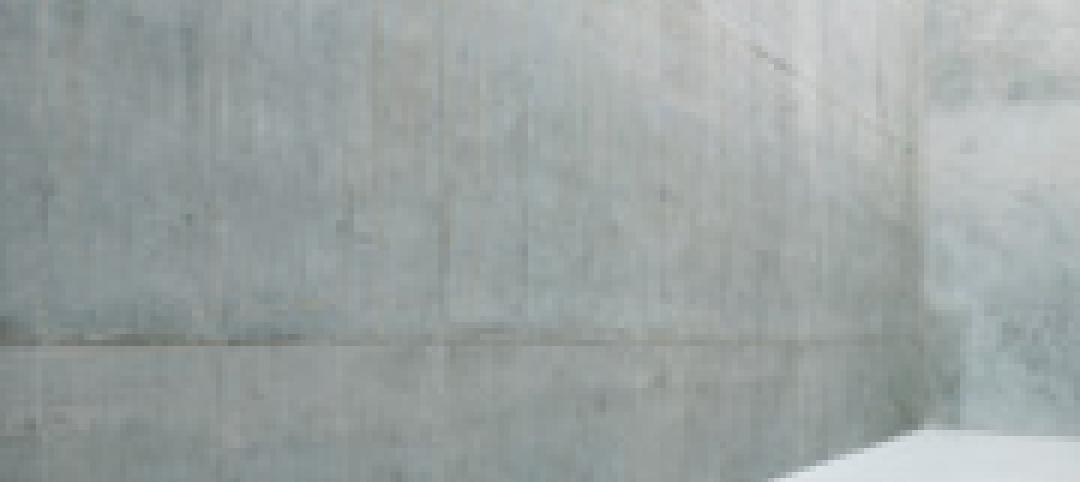The American Institute of Architects (AIA) released new resources to support employers, public officials, and design professionals with re-occupying buildings more safely after COVID-19 shutdowns.
The initiative included a team of architects, public health experts, engineers, and facility managers who developed strategies to reduce the risk of COVID-19 transmission in buildings, promote social distancing standards, and “enhance wellbeing in communities transitioning to new lifestyle norms.” The new and enhanced tools can assist employers, building owners, and design teams with best practices to protect the health and safety of the public.
· A Risk Management Plan for Buildings provides a process for assessing hazards in buildings and reducing risk. “This methodology not only can be applied during the pandemic, but for all shocks and stresses to create more resilient buildings and businesses,” an AIA press release says.
· AIA Re-occupancy Assessment Tool (2.0) provides an enhanced framework of strategies for re-opening buildings, including restaurants, retailers, offices, senior living facilities, schools, and housing
· COVID-19 ArchMap allows architects to input design strategies that mitigate risk of COVID-19 transmission for any building type. The map is produced in partnership with the University of Kansas’ Institute of Health + Wellness Design and intended to facilitate design innovation.
The team will also release more detailed strategies and considerations for offices, retailers, schools, and senior living facilities “in the near future.”
Related Stories
| Jun 21, 2012
Brazilian engineering/construction firm Odebrecht sues Florida over ban on companies doing business in Cuba
Odebrecht Construction Inc., a Brazilian engineering and construction company, is suing the State of Florida over a new law that bans governments from hiring companies with business ties to Cuba.
| Jun 21, 2012
String of shattered glass balcony panels prompts call for code reform in Ontario
Since last summer, glass balconies have shattered at 13 different buildings in Toronto.
| Jun 21, 2012
California adds window film to building code
California is the first state to add window film into its building code. Window film, a polymer material, offers cost-effective energy savings.
| Jun 21, 2012
New ISO standard to improve environmental management of concrete
A new ISO standard will help the construction industry better manage the environmental impacts of concrete.
| Jun 21, 2012
On net-zero projects, Building Teams will be held accountable for energy-efficiency performance
The building team will be held accountable for how net-zero energy buildings perform two, five, and maybe ten years after completion.
| Jun 14, 2012
USGBC co-founder launches rating system for building product manufacturers
U.S. Green Building Council co-founder David Gottfried’s new venture, Regenerative Ventures, has established a rating system for building product manufacturers.
| Jun 14, 2012
Green standard set for single-ply roofing membrane
A sustainability standard has been established for single-ply roofing membranes used on commercial buildings.
| Jun 14, 2012
Minnesota Vikings stadium plan gets legislative go-ahead
Legislation that approved the construction of a new billion dollar stadium for the Minnesota Vikings passed the Minnesota legislature.
| Jun 14, 2012
Report alleges New York’s prevailing construction wages are miscalculated, costing billions
A miscalculation in how prevailing wages are calculated in New York reportedly costs the state $3 billion a year in public-infrastructure projects.











